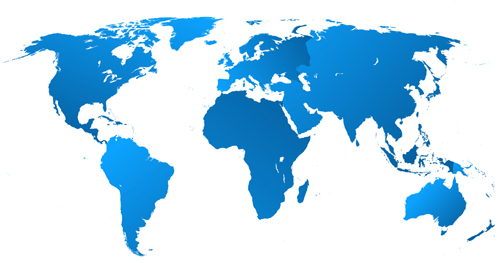Foreign Aid and American Foreign Policy


Richard Haass, president of the Council on Foreign Relations and author of Foreign Policy Begins at Home, wrote an article for Time on May 13. In it, he describes his new book as arguing for "less foreign policy of the sort the U.S. has been conducting for much of the past decade." Instead, Haass argues for renewed interest in domestic affairs, on infrastructure investments and entitlement reform.
The point that Haass makes is interesting. Politically, foreign policy was hardly even an issue in the 2012 election, with some in the media saying that it was practically non-existent. In addition to foreign affairs' small stature in American politics, many politicians today are unwilling to even consider a sort of "retrenchment", because doing so would mean cuts to the defense budget, unpalatable for many legislators. Instead, many of these self-identified "budget hawks" turn to foreign aid programs, an easy target for cuts because those who most benefit from the spending are citizens of other countries. These programs amount to less than 1% of the American gross domestic product (GDP), and are a very small portion of the U.S. budget. So, is foreign aid justified, or is it impractical?
The strongest point that advocates of continued foreign aid present is that such programs produce positive sentiments towards the U.S. within the recipient state. In 2011, Benjamin Valentino, Associate Professor of Government at Dartmouth College, wrote the following in Foreign Affairs:
"Disaster-relief programs are almost certainly less economically efficient in saving lives then the most effective public health programs, but like most public health efforts, they avoid many of the moral and political costs of military intervention. Few forms of intervention are more deeply appreciated by recipients."
Valentino makes a strong point; why depend on the military to project America's image abroad, when we can instead conduct foreign aid programs? Yet, when Haass talks about scaling back U.S. involvement overseas, does he mean cutting back Valentino's kind of foreign aid?
Perhaps American aid is not necessary in some cases. For instance, in 2012, the United States funded $3.07 billion of Israel's roughly $15 billion defense budget. Even if America were to eliminate military aid to Israel altogether, the nation would still have a defense budget billions of dollars higher than that of Iran, and nearly six times that of Syria. (All according to the Stockholm International Peace Research Institute.) Now, no one is suggesting that Israel be cut off completely, but it would be useful to question just how much American funding the nation really needs.
Or perhaps one may look at Pakistan. In FY2010, the country received around $4.3 billion, despite a report saying that "corruption is endemic to South Asia and to Pakistan in particular." Now, is that the sort of aid truly well spent?
In the end, Haass is right. The United States is over-extended, both financially and militarily. Yet, how do we restore ourselves without retreating into isolationism? Should we cut military aid, humanitarian aid, or both? As President Obama grapples with excessive deficits at home and excessive investments broad, these are questions that should weigh heavily on his second term.


